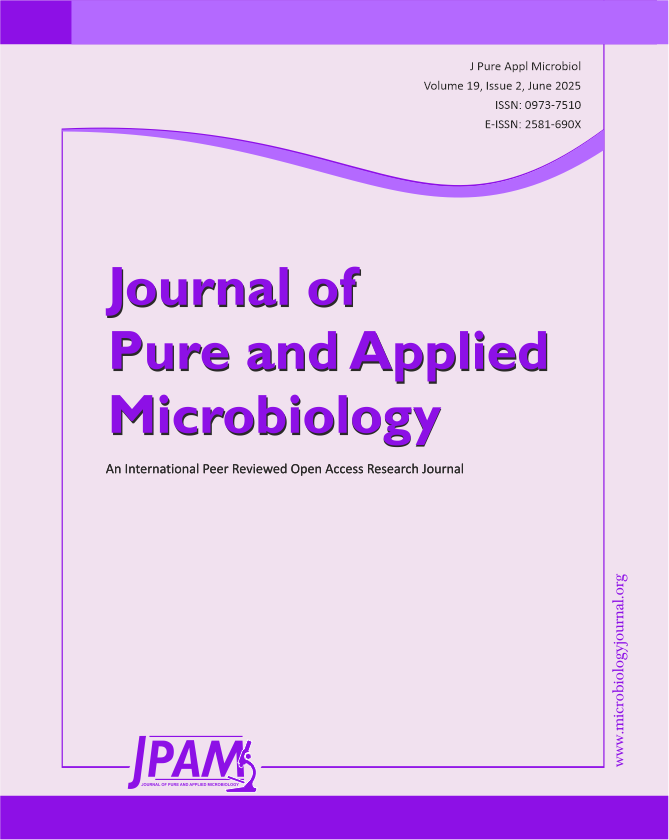This study investigates the therapeutic potency of endophytic fungi, Schizophyllum commune (AVNK2) isolated from Nigella sativa seeds. As endophytes are promising sources of bioactive compounds that mimic the host plant, research in this area leads to novel drug discovery with minimal side effects. 8 Fungal endophytes (AVNK1-AVNK8) were isolated from N. sativa seeds with the potent endophyte (AVNK2) molecularly identified as Schizophyllum commune using 18S rRNA sequencing and phylogenetic analysis and submitted in the GenBank with the accession number. Antimicrobial screening against human pathogens (Candida albicans, Salmonella typhimurium, Pseudomonas aeruginosa, Staphylococcus aureus, and Aspergillus brasiliensis) was done using dual-culture and the agar-well diffusion methods. S. commune confirms its highly potent antimicrobial activity with a MIC value of 25 µg/ml and IC50 value of 2.05 millimolar (mM). The bioactivity of S. commune was enhanced using one-factor-at-a-time (OFAT) optimization of physio-chemical parameters of the culture medium. The optimal physicochemical parameters of culture media for enhancing bioactivity were glucose as carbon, beef extract as nitrogen sources, pH 7.0, and temperature 30 °C with 21 days of incubation. Characterisation of S. commune shows extracellular enzymes and potent bioactive secondary metabolites (flavonoids, terpenoids, phenols, steroids, tannins, and cardiac glycosides) responsible for its therapeutic efficacy. The anticancer efficacy of methanolic extract was evaluated using GC-MS analysis and molecular docking studies (Software-AutoDock Vina). In silico studies show binding affinity of -5.9 kcal/mol against colon cancer target protein (PDB ID 2HQ6) and -22.0 kcal/mol against tumour-homing peptide (PDB ID 7W8O), confirming S. commune as a promising source for anticancer treatment.
Secondary Metabolite, Molecular Docking, Human Pathogens, Phylogenetic Analysis, Metabolomic Profiling
© The Author(s) 2025. Open Access. This article is distributed under the terms of the Creative Commons Attribution 4.0 International License which permits unrestricted use, sharing, distribution, and reproduction in any medium, provided you give appropriate credit to the original author(s) and the source, provide a link to the Creative Commons license, and indicate if changes were made.


